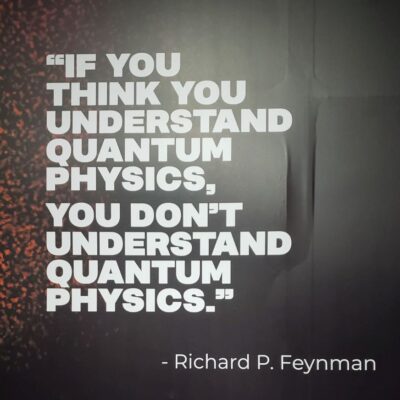
I was watching a webinar last week to find out about the latest and greatest tools for working online. By the time I was done, I had a sick feeling in my stomach. The more I heard about “great ways” companies are adapting to working online, the sicker I felt. The culprit? A 15 minute meeting as a standard.
Suddenly, all of the complaints I heard about working online, like Zoom fatigue, started to make sense. I’ve been working almost exclusively online with international clients for 15 years and hadn’t experienced the things I was hearing for myself. But this presentation made me start to understand.
15 Minute Meetings as a Standard
In the presentation, a representative of a big tech company talked about how in his organization they are moving toward 15-minute meetings as the standard in their organization. He argued that anything that takes longer than 15 minutes to discuss is an ineffective use of time in their organization. While he acknowledged that it was a struggle to get people to conform to this standard and that it seemed to be resulting in more meetings while they figured it out, he was confident they were getting there.
He went on to suggest that one of the ways he’s been able to cut down on a lot of time in his meetings is by cutting out the small talk. That yes, he likes his colleagues, but that meetings in their company aren’t for finding out how you are but rather just focusing on the task at hand. Get on a call, make a decision, end.
About the only thing I heard at the beginning of that presentation that I agreed with was that it’s important to have a clear purpose for your meeting. And to be clear about whether or not a meeting is the best choice or if the work could be done in an email or a quick conversation in Slack.
What happened next was more than ironic
“Irony: a state of affairs or an event that seems deliberately contrary to what one expects and is often amusing as a result.”
Along the way, as they were sharing the story about how their company was adapting to working online, I did learn about a few new tools. After setting up the importance of short meetings and focusing on conversations that were 100% about achieving the business goal, something unexpected happened.
The speaker acknowledged that their employees were having a big challenge because they were feeling so disconnected from one another. Without being in the office, he shared, they were missing out on that water cooler talk and other opportunities to just be together as people.
So then he shared all about the innovative ways they are inviting people to come together online. He shared the latest and greatest apps that let them just be together as people – both synchronous and asynchronous opportunities. And how much time, effort, and resources their company dedicates formalizing informal connection.
No one on the webinar made the connection. But it seemed ironically obvious to me. When you don’t allow people to show up as their whole selves and create meaningful connection in your regular meetings, significant resources need to go into these other activities to create space for connection.
Going slow to go fast
I’ve been working with Genuine Contact for my entire adult life (21 years and counting!), so I know I’m a bit spoiled by our approach…and a bit biased.
But as I listened, I couldn’t help but think about how backward the whole 15-minute meeting approach was. When I connected with the friend who had shared the webinar with me, I told her about my disbelief that a 15-minute meeting could possibly be effective. She shared with me that she’d had the same response. That in her company, she’d noticed that when there were longer and deeper conversations, better and longer-lasting decisions and actions emerged. That’s my experience too.
In my work, it’s much more common to schedule meetings for 2 or even 3 hours. To take the time to make sure that we are truly clear about the whole picture and considering all of the options when we are making decisions. Working together on common projects in ways that are much more collaborative and get more work done faster…and with better outcomes than working alone…as a result. For many reasons, we advocate for longer meetings where meaningful conversation can happen.
Inviting the whole person to every meeting
The other thing that happens when there are longer meetings is the opportunity to invite the whole person to every meeting. Intentionally starting with some gathering time where we simply chat. It’s no different than if we were getting together in a room and as each person arrives human-to-human conversation naturally happens.
Inviting time to transfer in to the meeting, with a well-facilitated process that creates the conditions for every person to be fully present in the meeting and in approaching the content.
Facilitating conversation in ways that invite all learning styles to contribute meaningfully.
Taking the time that is needed to have a complete conversation so that you can arrive at the most full and robust decision.
Surprising benefits
This meeting process is called Whole Person Process Facilitation (WPPF). There are surprising benefits to using WPPF regularly. And one of them is that people experience human connection, feel that their whole selves are welcome at work, and build relationships and interaction while spending their time on the business goals at hand.
One of the surprising benefits is the strength of relationships that develop over time. The way people feel energized by meetings and connected with their teams. And the way organizations don’t need to spend time, money, and other resources on creating formal informal opportunities for being together. Because it’s happened naturally as part of the organizational culture and while work is getting done.
Want to get started with WPPF? Learn more and find an upcoming workshop near you or online.
Photo by Sabri Tuzcu on Unsplash










Leave a Reply